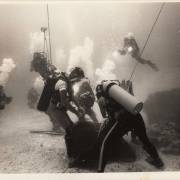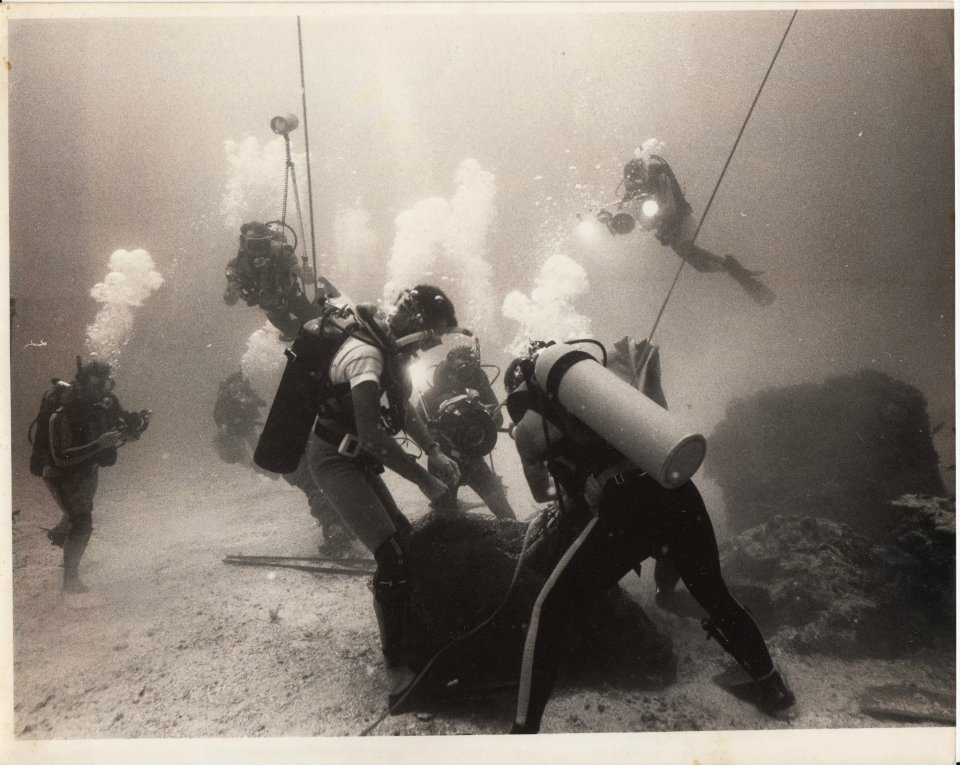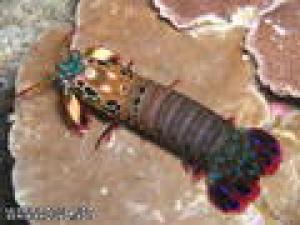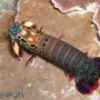
HMS Pandora
Far Northern, Queensland
Deep Wreck Reef Sharks
HMS Pandora was a 24-gun frigate of the Royal Navy, built by Adams and Barnard at Deptford, and launched on 17 May 1779. She was deployed in North American waters during the American Revolutionary War but was put 'in ordinary' (mothballed) after 1783.
When the news of the mutiny on the Bounty reached England on 1790-03-15, the Admiralty dispatched the Pandora to the South Pacific to recover the 'pirated' Bounty, capture the mutineers and bring them to justice. The frigate sailed from Portsmouth on 7th November 1790 with Captain Edward Edwards in command of a crew of 134 men.
The Pandora reached Tahiti on 1791-03-23. Five of the men from the Bounty came on board voluntarily within 24 hours of the Pandora's arrival, and nine more were arrested a few weeks later by armed shore parties. These fourteen men were imprisoned in a makeshift prison cell on the Pandora's quarter-deck, which they called Pandora's Box. On 1791-05-08, the Pandora left Tahiti and subsequently spent three months visiting islands to the west of Tahiti in search of Bounty and the remaining mutineers, without finding any traces of the pirated vessel except flotsam ? some spars and a yard.
Heading west, making for the Torres Strait, the Pandora ran aground 1791-08-29 on the Great Barrier Reef. She sank the next day claiming the lives 31 of the crew and four of the prisoners. The remaining 89 of the ship's company and ten prisoners, released from their cell at the last minute, assembled in four small boats and sailed for Timor, arriving there on 1791-09-16. Eventually only 78 of the 135 men who had been on board upon departure managed to get home in July and August 1792. Captain Edwards and his officers were exonerated for the loss of the Pandora after a court martial.
The wreck was discovered in 1977 and was immediately declared a protected site under the Australian Historic Shipwrecks Act 1976. The Queensland Museum has been excavating the wreck and archaeologists and curators at the Museum of Tropical Queensland are slowly piecing together the Pandora puzzle using the archaeological evidence from the wreck as well as the extant historical evidence.
Descendants of the 9 mutineers who 'got away' (from the Pandora) still live on Pitcairn Island, the refuge Fletcher Christian found in January 1790 and where the Bounty was burned and scuttled a few weeks later. Their hiding place was not discovered until 1808 when the sealer Topaz (Capt Mayhew Folger) happened on the tiny uncharted island. By that time all the mutineers -except John Adams (aka Alexander Smith)- were dead, most having died under violent circumstances.
Source: Wikipedia





There are no comments or experiences yet for HMS Pandora.
Have you been in HMS Pandora? Write a review: